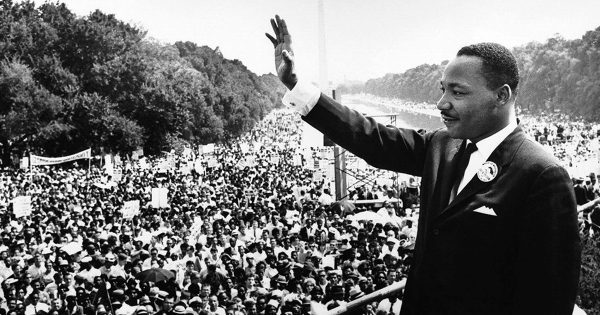On April 4, 1968, the United States lost one of its most influential civil rights leaders when Dr. Martin Luther King Jr. was assassinated in Memphis, Tennessee. His death marked a tragic moment in American history and intensified the nation’s struggle for racial equality.
Dr. King rose to national prominence in the 1950s and ’60s as the face of the nonviolent civil rights movement. A Baptist minister and gifted orator, King led peaceful protests across the South, advocating for desegregation, voting rights, and economic justice. His leadership during events like the Montgomery Bus Boycott, the Birmingham Campaign, and the 1963 March on Washington cemented his legacy as a champion of justice. It was there he delivered his iconic “I Have a Dream” speech, which continues to inspire generations.
By 1968, Dr. King had expanded his mission to include economic equality, launching the Poor People’s Campaign to fight poverty across racial lines. He traveled to Memphis to support striking sanitation workers who were demanding fair wages and better working conditions, an example of his growing focus on labor rights and economic justice.
While staying at the Lorraine Motel in Memphis, Dr. King was shot and killed by James Earl Ray, a fugitive and known racist. The news of his assassination sent shockwaves throughout the country. Riots broke out in more than 100 cities as communities mourned and expressed their anger at the loss of a beloved leader.
In the wake of his death, Congress quickly passed the Civil Rights Act of 1968, also known as the Fair Housing Act, which prohibited discrimination in housing. While the law was a significant step forward, King’s death also underscored how much work remained to be done.
Dr. Martin Luther King Jr.’s legacy lives on through his speeches, writings, and the continued efforts of activists who carry forward his vision of a more just and equal society. Each April, we remember not only the tragedy of his assassination but also the enduring power of his message: that nonviolence, love, and justice can transform the world.






















